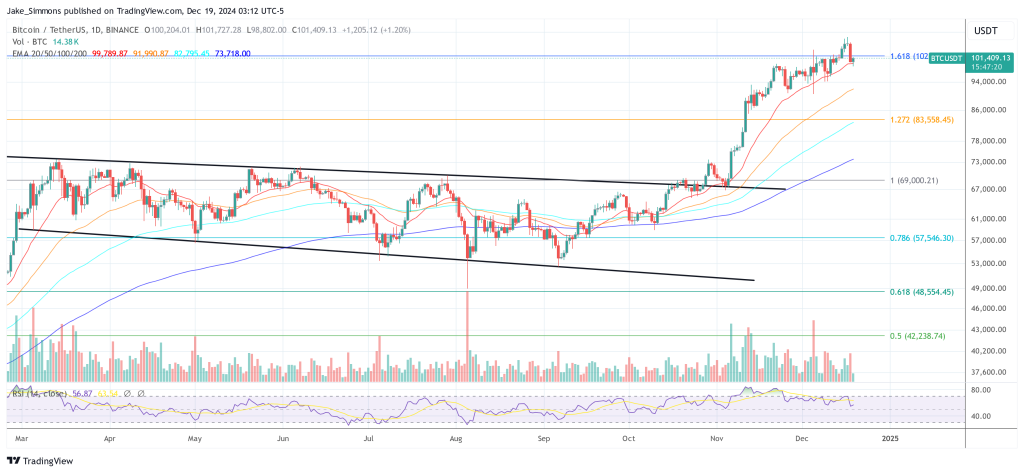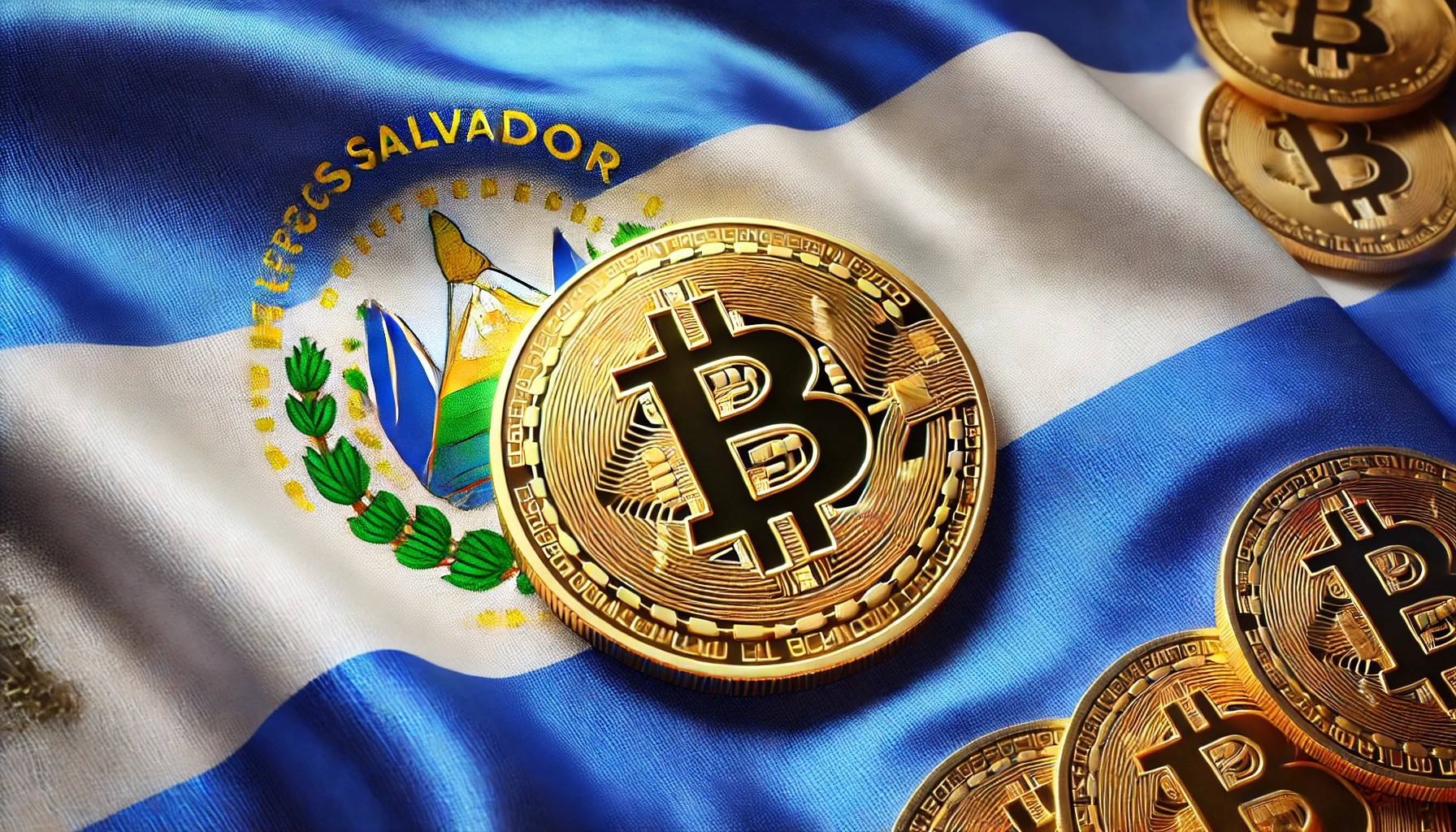
The International Monetary Fund (IMF) and El Salvador have reached a staff-level agreement for a 40-month Extended Fund Facility (EFF) arrangement of around US$1.4 billion, contingent upon significant changes to the country’s Bitcoin policies. The pending arrangement, announced following discussions between December 5 and December 14, could unlock access to over $3.5 billion from other international lenders. In order to secure this financing, El Salvador has committed to reducing the scope of its BTC project and scaling back the direct involvement of the government and public sector.
In a joint statement, IMF staff mission leaders Luis Cubeddu and Raphael Espinoza outlined critical requirements for El Salvador to continue with its digital asset agenda in a more restricted and regulated form: “The potential risks of the Bitcoin project will be diminished significantly in line with Fund policies. Legal reforms will make acceptance of Bitcoin by the private sector voluntary. For the public sector, engagement in Bitcoin-related economic activities and transactions in and purchases of Bitcoin will be confined. Taxes will only be paid in U.S. dollars and the government’s participation in the crypto e-wallet (Chivo) will be gradually unwound.”
This represents a notable reversal of El Salvador’s earlier policy stance. In 2021, the country became the first in the world to recognize BTC as legal tender, a move that initially mandated private sector acceptance. Under the new IMF-supported program, the mandatory acceptance clause (Article 7) is set to be removed, while official Bitcoin-related activities by state entities will be curtailed. The Chivo wallet—a government-backed platform central to the rollout of BTC as legal tender—will see the state’s role sharply reduced.
President Nayib Bukele addressed the development via X, drawing on the same principles he credits for reducing crime and launching the BTC project, he stated: “We applied the exact same principles to our Bitcoin strategy, and it paid off, big time. Now, we’re taking the same approach with our deal with the IMF.”
Bitcoin Community Reacts
Responses from the community have been mixed. Pledditor (@Pledditor) commented on the IMF deal: “Not only are they eliminating Article 7 … but they are also removing the ability for citizens to pay taxes in Bitcoin. Chivo Wallet is also apparently getting axed.” Some observers see the move as a setback, potentially signaling less state-driven BTC integration.
Max Keiser, a vocal BTC advocate who advises Bukele, countered such interpretations: “Bitcoin use in El Salvador was always voluntary and its usage has never been higher and continues to grow. The IMF’s point is DOA. Chivo is one of dozens of wallets used in ES. Its presence or non-presence is meaningless.” Keiser dismissed concerns over the government’s withdrawal from certain activities, stressing that BTC adoption is becoming more organic and user-driven, rather than reliant on state enforcement or centralized platforms.
Keiser’s wife, Stacy Herbert, underscored the broader financial implications, stating: “EL SALVADOR SECURES A GLOBAL FINANCING PACKAGE OF OVER $3.5 BILLION. Achievement unlocked. Economic miracle in motion. Bitcoin policy secured.”
Bitcoin expert Lina Seiche underlined Bukele’s success in the negotiations: “The IMF basically went from, ‘remove the Bitcoin Law or else,’ to ‘make the use of your already optional currency officially optional and wind down your app that nobody likes anyway.’… $3.5 billion and a confidence boost for legacy investors with very few concessions from El Salvador—he’s having his cake and eating it too.”
At press time, BTC traded at $101,409.



















